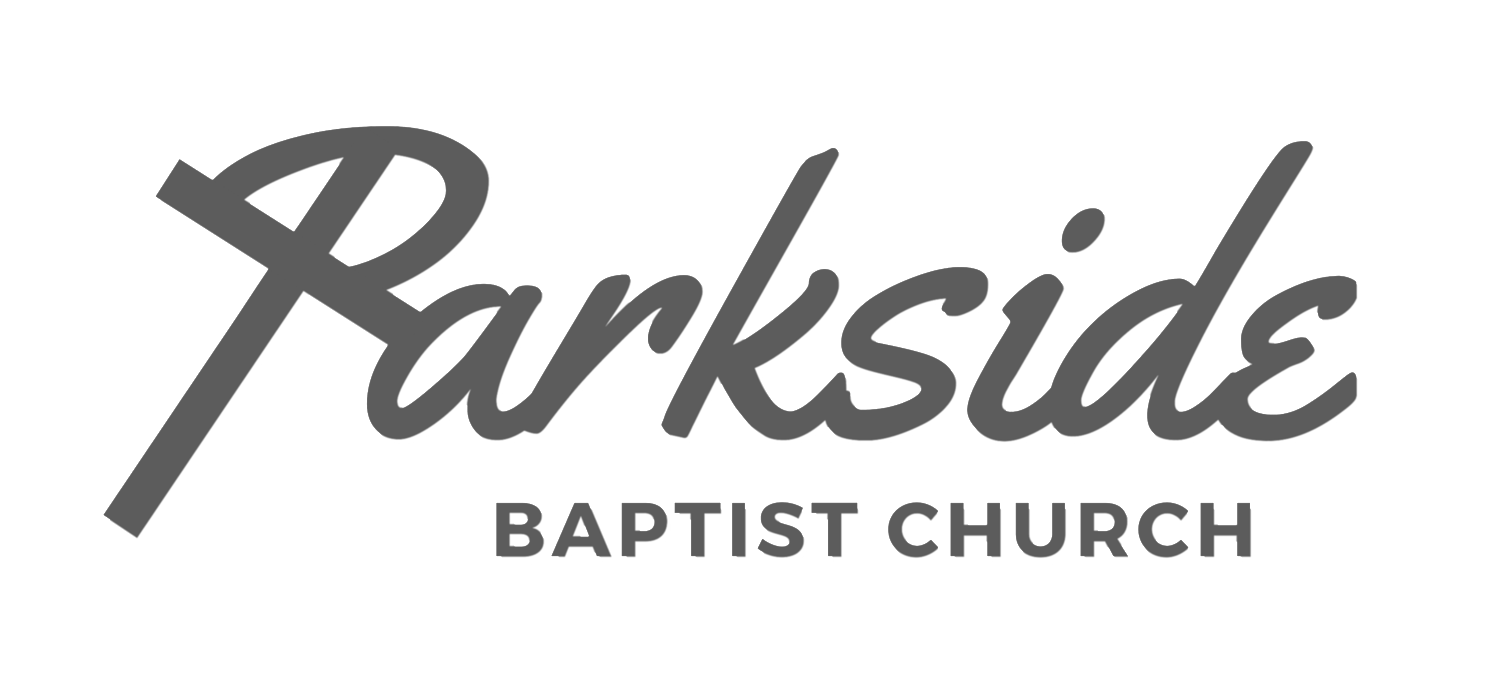When you hear the word “margins” what thoughts or images come to mind? Perhaps your first thought is that you have “no margins” in your life? Or maybe you think of the margins of a page in a book? Many of images or uses of the word “margin” relate to the edge of something, some kind of boundary that is either defined or needs to be defined better. They are the messy spaces or the “in-between” spaces in our lives but also in the world. Animals can live in the margins of a reef between the deep blue and the safer shore, or at the edge of a forest where humans are encroaching. People can live on the margins, both within society between “class gaps” or on the edge of poverty or homelessness; perhaps not being quite accepted due to their ethnicity or the colour of their skin.
Margins in lots of forms are not secure spaces, they are often messy, they can be risky and places where life is more tenuous. What are the “margin” spaces in your life? Where to you feel most vulnerable or stretched or at risk of moving “further off the page” and away from the centre?
Jesus spent a lot of time on the margins of society and with people who were living more perilous lives, either socially or financially or racially. When we read through the gospels we often see Jesus deliberately going to the margins against the wishes of the disciples and certainly of the Pharisees. Some of these margins were right under their noses, such as eating at the house of tax collectors like Matthew. Other margins were in distant places away from Jerusalem, like the woman he meets at the well in Samaria where all good Jews would have “felt the space” and known they were in an “undesirable” place both physically and socially and racially. These margins were messy places, uncomfortable places for the disciples, unclean places that had the potential to impact their safety closer to the “centre”, that being the temple and living as a “good Jew”.
But what they didn’t realise and what we often forget is that just as everything wants the security of being “near the centre”, the centre of the universe, God almighty himself was walking around with them and taking them to the margins to find those people and situations of mess that he deeply desired to heal and bring to himself – the true centre. Few people in Jesus day found the true centre of life, but the woman at the well did. She found the living water, the true cornerstone, the relationship she had been thirsting for all her life. However, the disciples were very slow on the uptake, if at all understanding who Jesus really was and what he was on about.
God still loves the margins today, the marginalized, the messy spaces – it is where he often does his best work and where he is revealed in his best light as saviour of the world and lover of broken and messed up people. There maybe personal “margins” in your life, areas of mess that Jesus wants to take you to and bring healing in. Are there “no-go” zones where God’s presence in your life is not allowed? Maybe there are people around you living in a margin of some sort that Jesus wants you to minister to and bring his light and love into. As a church where are the margins that Jesus is leading us to? Places of “in-between”, people who God is desiring to bring his wholeness or “shalom” to through us as we follow him. Jesus calls us into deeper relationship with himself, but in doing so calls us outward to follow him to the margins. We can’t go out without first going in, and we can’t truly go in without then desiring to go out. It is the Jesus way, it is the Father’s way, it is the way empowered by the Holy Spirit. The centre of the cosmos loves living in the margins – and his call is for us to follow him there.
Grace and Peace - Garry


